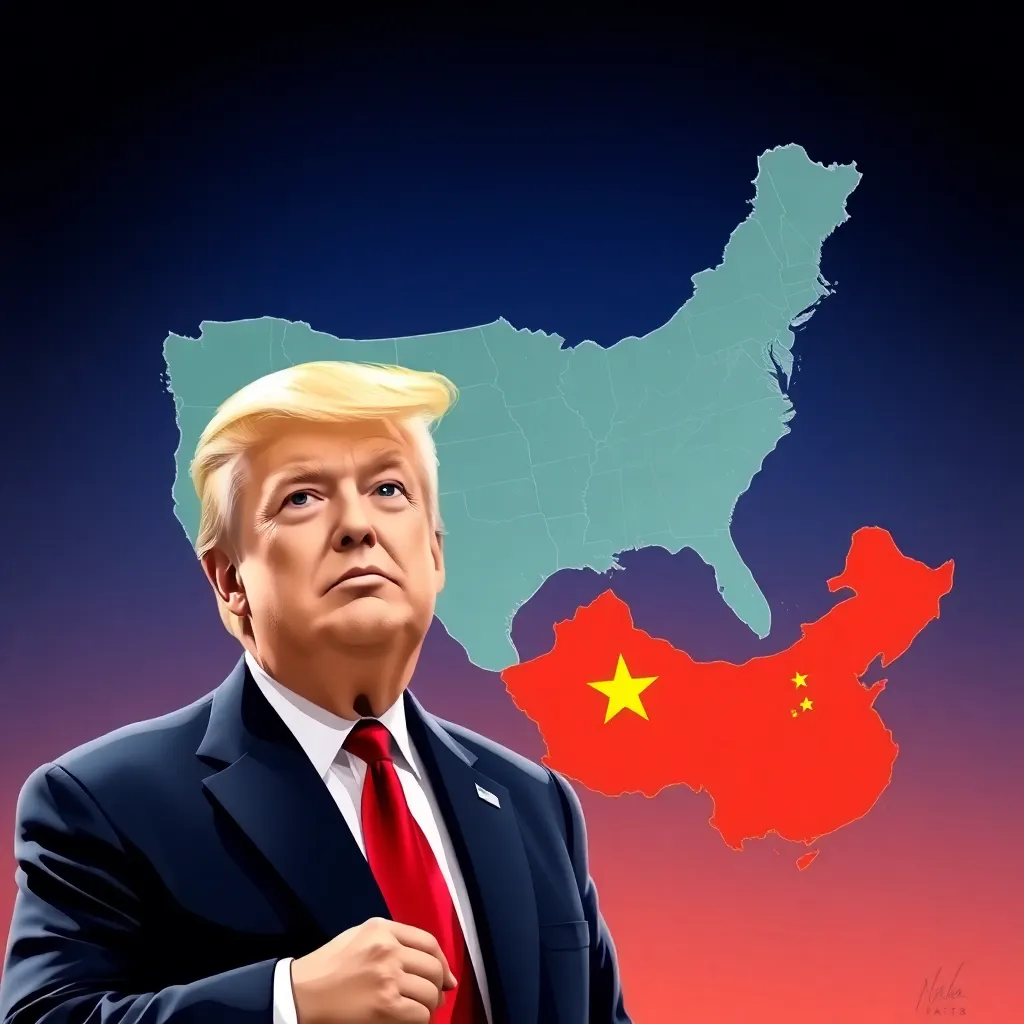
In a shocking turn of events, a former Federal Reserve adviser has been indicted on charges of economic espionage, sparking concerns about the security of sensitive economic information and the increasingly complex dynamics of US-China relations. John H. Rogers, a senior economist with a storied career, stands accused of leaking confidential information and briefing books from the Fed to two Chinese co-conspirators.
This case highlights the growing threat of economic espionage, a form of espionage that involves the theft or unauthorized disclosure of sensitive economic information, such as trade secrets, financial data, and policy deliberations. The indictment of a former Fed adviser raises questions about the vulnerability of the US financial system to espionage and the potential consequences for the global economy.
The relationship between the US and China has long been marked by tensions over trade, security, and economic issues. The alleged involvement of Chinese co-conspirators in this case is likely to further strain relations between the two nations, particularly in light of ongoing concerns about China’s economic practices and its growing global influence.
The Federal Reserve, as a central bank, has access to highly sensitive economic information, including monetary policy deliberations, financial data, and economic forecasts. The leak of such information could potentially give foreign governments or individuals an unfair advantage in the global economy, compromising the integrity of the financial system and undermining trust in the Fed.
The indictment of John H. Rogers serves as a stark reminder of the need for vigilance in protecting sensitive economic information and preventing economic espionage. As the global economy becomes increasingly interconnected, the risks of economic espionage will only continue to grow, making it essential for governments, institutions, and individuals to prioritize economic security and safeguard confidential information.
In the wake of this scandal, it is likely that the US government will take steps to strengthen economic security measures, including enhancing background checks, improving cybersecurity, and increasing awareness about the risks of economic espionage. The incident also highlights the importance of international cooperation in preventing and responding to economic espionage, particularly in the context of US-China relations.
As the case against John H. Rogers unfolds, it will be crucial to monitor developments and assess the implications for global economic security, US-China relations, and the integrity of the financial system. The incident serves as a wake-up call for governments, institutions, and individuals to prioritize economic security and protect sensitive information in an increasingly complex and interconnected world.






